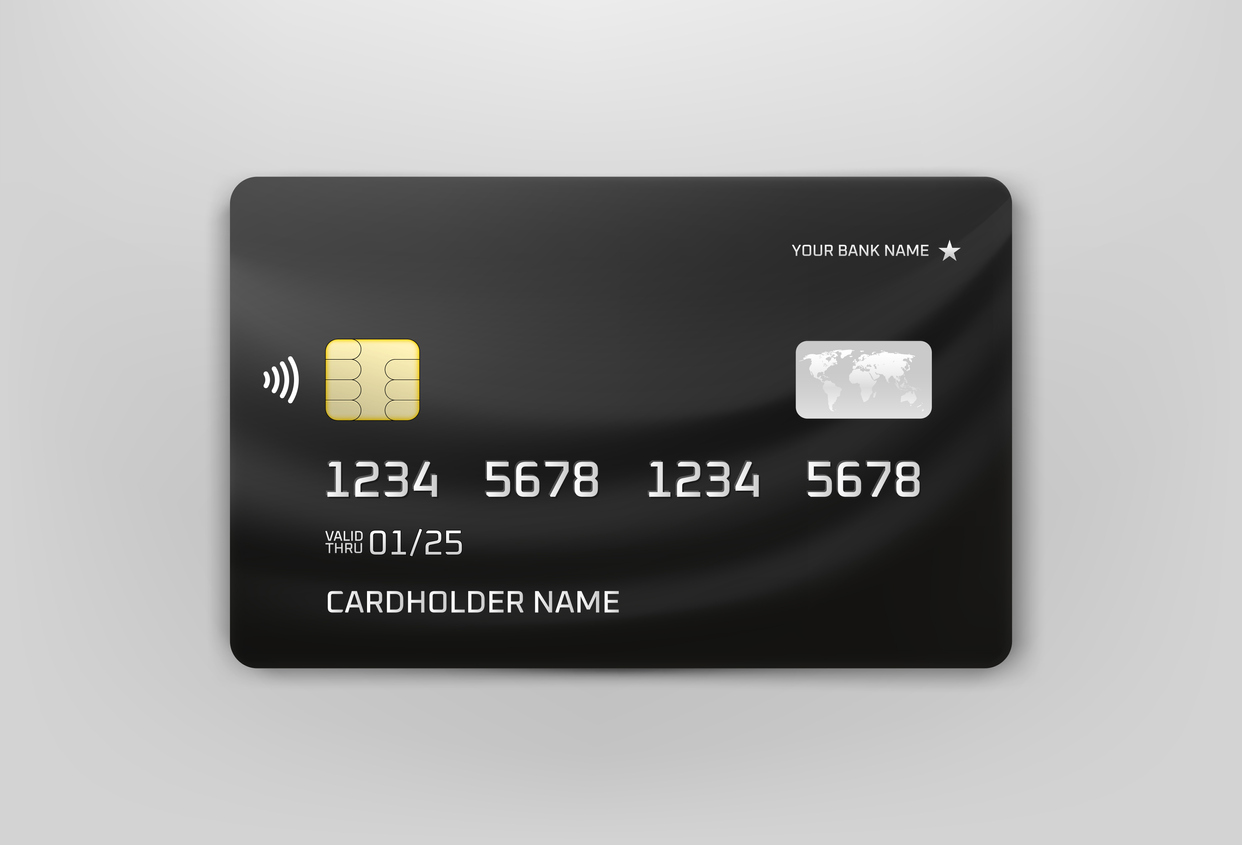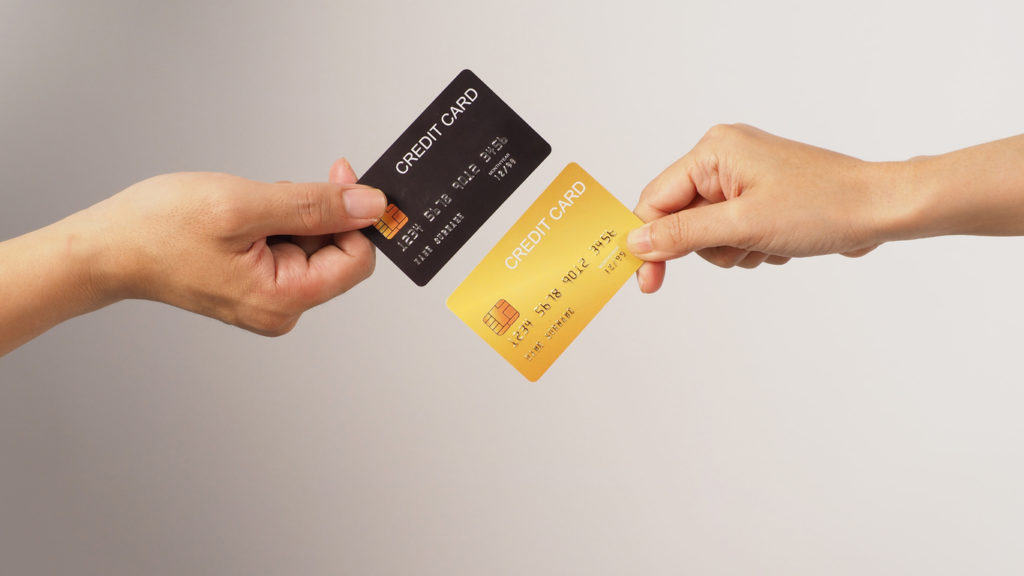
Credit cards have become the most common form of daily payment for millions of people worldwide and leaving many people to wonder, “how many credit cards should I have?” While their convenience is undeniable, we are well aware of the dangers they pose in terms of accumulating debt. However, there is a whole other side to credit cards that can end up costing you far more than you might have realized. In this article, we will delve into the hidden aspects of credit cards, shedding light on the ways these seemingly innocent pieces of plastic may impact your finances more than you think.

The Temptation of Spending Beyond Means
Since the invention of money, humans have engaged in a dangerous game of buying something now and paying for it later. Credit cards have made this practice more accessible than ever before, to the point where borrowing money has become almost a modern necessity. Despite their widespread use, most credit card users have a limited understanding of how these financial tools truly work and the potential consequences of misusing them.
The Illusion of Reward
Credit card rewards sound appealing on the surface. After all, who wouldn’t want to earn benefits while spending money? However, the reality behind these rewards is often far more complex. Credit card companies intentionally design their reward programs with vague terms and conditions, making it difficult for consumers to accurately determine their true value. The promise of earning points and receiving perks becomes a smokescreen, leaving cardholders uncertain about the actual benefits they are reaping.
The Tactics of Manipulation
While there may be a subculture of savvy credit card users who have mastered the art of maximizing rewards, the majority of consumers fall prey to the tricks and manipulations employed by credit card companies. These companies form partnerships with specific businesses, enticing consumers to spend more by offering rewards tied to those particular establishments. As a result, consumers find themselves limited in their shopping options, unknowingly manipulated into spending more than they originally intended.
Burdening Small Businesses
Not only do credit card companies profit from consumers, but they also extract fees from merchants. Every time a credit card transaction occurs, businesses must bear transaction fees, typically ranging from one to three percent of the purchase, in addition to flat transaction fees. Small businesses, already struggling to compete with retail giants, feel the impact of these fees acutely and sometimes choose to forgo credit card payments altogether, limiting their potential customer base.
How Many Credit Cards Should I Have: A Necessary Evil

In our modern world, credit cards have become a necessary evil, which is why almost every consumer is left wondering, “how many credit cards should I have?” They offer convenience, the ability to build credit scores, and the potential for financial stability. However, responsible credit card use requires caution and careful consideration of the hidden costs and manipulative tactics employed by credit card companies. By supporting local businesses with cash or debit payments, consumers can help alleviate the burden of credit card fees on small merchants. It is crucial for individuals to educate themselves about the intricacies of credit cards, making informed choices to navigate the financial landscape effectively.
Next time you’re wondering, “how many credit cards should I have?,” make sure to read our article about why Walmart sued Capital One Credit Card.
Key Takeaways:
- Credit cards have become the most common form of payment worldwide, but they come with hidden costs and risks that many people are unaware of.
- Credit card companies manipulate consumers through reward programs, complex point systems, and partnerships with specific businesses, encouraging unnecessary spending and limiting consumer choices.
- Small businesses suffer from high merchant fees imposed by credit card companies, which can lead to increased prices for customers and financial strain on local establishments.
- Despite the drawbacks, credit cards are still necessary for building credit scores and accessing certain opportunities, but consumers should educate themselves, choose cards wisely, and consider alternative payment methods to support small businesses.
